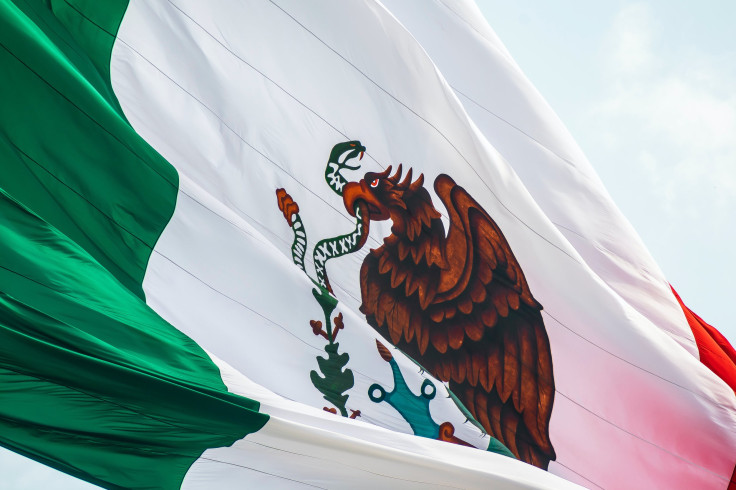As Texas moves to implement an anti-abortion law that allows people to sue women for seeking abortions, Mexico’s high court decided on Tuesday, Sept. 7, to decriminalize abortion.
Mexico, a country with over 100 million Catholics, has decided that penalizing abortion is unconstitutional, thus preventing prosecution of any future case against abortion, according to Reuters.
The court case stems from a 2018 law in Coahuila that made abortion a criminal act. Except for Mexico City, Oaxaca, Veracruz, and Hidalgo, all the states in Mexico have criminalized abortion.
The Supreme Court ruling does not legalize abortion; however, it creates a precedent that allows other judges to strike down anti-abortion laws for the same reason while allowing people to sue for the right to an abortion, according to the New York Daily News.
“Today is a historic day for the rights of all Mexican women,” Supreme Court Chief Justice Arturo Zaldívar said. “It is a watershed in the history of the rights of all women, especially the most vulnerable.”
Meanwhile, the United Nations has condemned the Texas anti-abortion law that allows ordinary citizens to sue anyone who helps someone get an abortion, pointing to international law that gives women agency over their body, the Guardian reported.
Melissa Upreti, who is working against the discrimination of women and girls, said that the law will make abortion unsafe for all women.
“This new law will make abortion unsafe and deadly, and create a whole new set of risks for women and girls. It is profoundly discriminatory and violates a number of rights guaranteed under international law,” she said.
Reem Alsalem, the UN independent monitor on violence against women, says that the law would disproportionately affect women of color and poverty-stricken women most, with many affected by the $10,000 bounty on successful legal cases against abortion.
“Through this decision the supreme court of the United States has chosen to trample on the protection of women’s reproductive rights, thereby exposing them and abortion service providers to more violence,” she said.
The law took effect on Sept. 1, with many far-reaching consequences on the state and the country.

© 2025 Latin Times. All rights reserved. Do not reproduce without permission.





